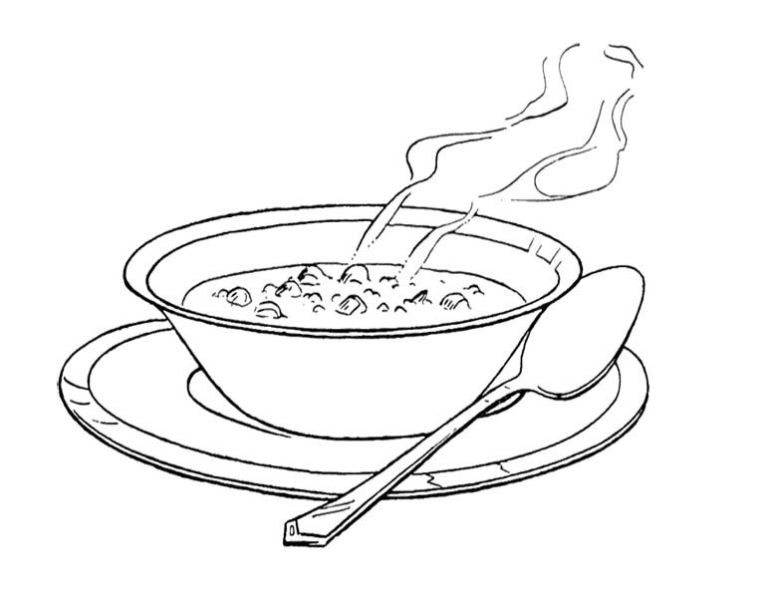They are old, but they love singing. So on Sunday afternoons, Jeremy sings to them. The residents who can still sing, do.
Jeremy visits the nursing home after playing piano at the Methodist church. He sits at the upright in the cafeteria and plays the classics.
Wheelchairs roll in by the dozen. Residents park in rows. Early birds get seats up front. Stragglers sit in the nosebleeds.
Jeremy has been playing music at nursing homes since age six. He can play any tune in the hymnal like a bona fide Cokesbury jukebox. He does it with a smile.
He sings “Old Gospel Ship,” “I Saw the Light,” and “Church in the Wildwood.” When he finishes, the residents of the nursing home clap. Some louder than others. And after the song singing is done, the real fun begins.
They swarm Jeremy. They tell him stories. They touch him. They hug him. Everyone gets their turn.
“I was a logging man,” one old man tells Jeremy. “I cut wood in
South Alabama, did I ever tell you that?”
“No sir.”
An old woman touches Jeremy’s face. “You look just like my son, you’re so handsome, just like my son.”
Another lady wheels toward Jeremy in an electric chair. She hands him an old envelope. “Would you autograph this? You’re going to be famous one day, I just know it.”
He’s puts his John Hancock on the paper. She wheels away like she’s just confiscated Elvis’ underpants.
It’s lunchtime. The cafeteria comes alive with smells of canned corn, Salisbury steak, and creamed potatoes. I sit with Jeremy, we talk over plates of lukewarm apple pie. But our conversation is cut short because Jeremy has more people to see and he only has a little time left to make his rounds.
He jokes with the old man who is from New York. He laughs with the elderly…







